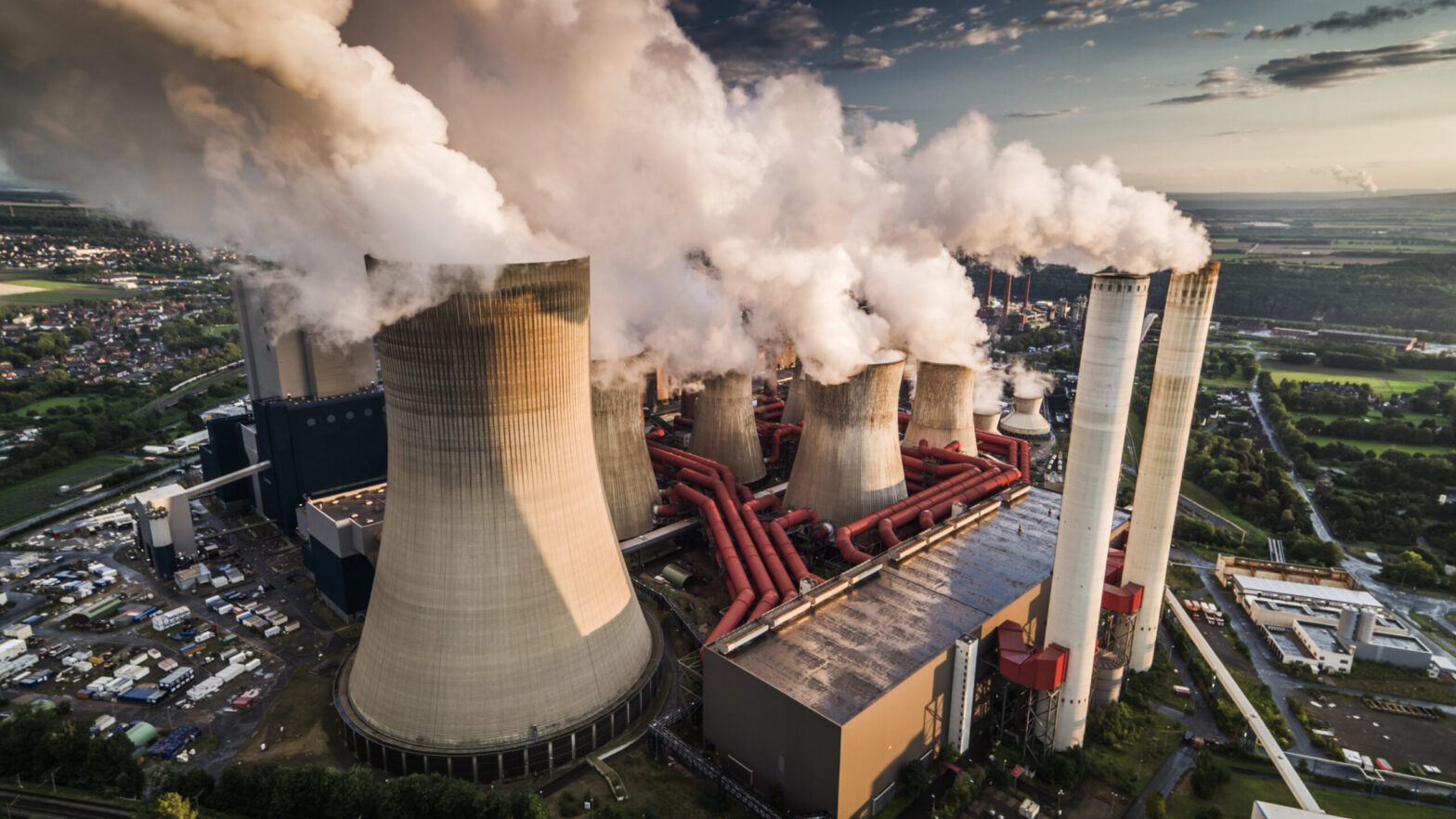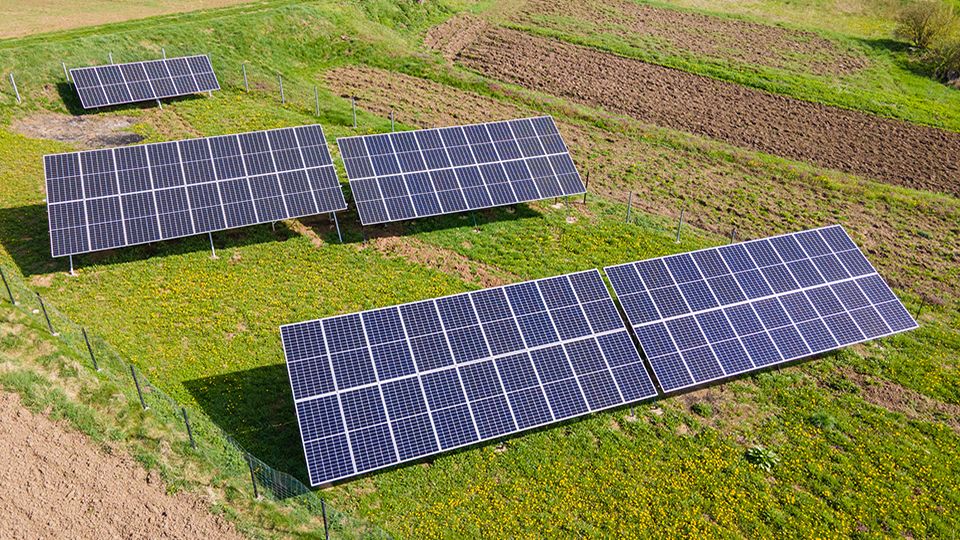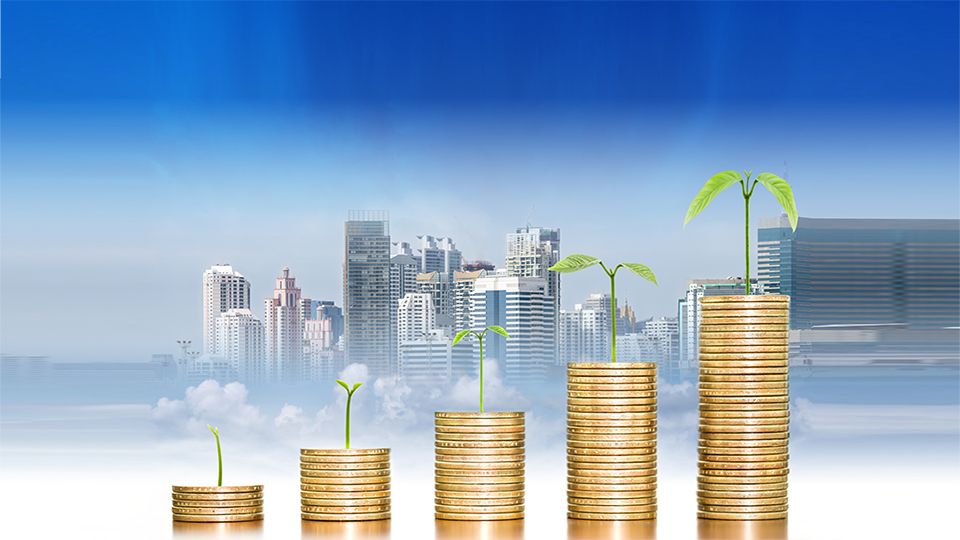Emissions are “likely rising” across carbon-intensive sectors in Asia, according to the latest update from Barclays’s analysts.
The analysts also noted power groups in the region are diverging on coal phase-out plans despite strong earnings, and climate risk has “turned material” for some Asian companies.
Barclays tracks corporate-level decarbonisation efforts and emissions progress by using reported production figures to gauge the greenhouse gas emission (GHG) trends of Asia’s largest corporate emitters.
In the first half of 2023, driven by economic recovery post-Covid lock-downs, most carbon-intensive industrial sectors in Asia that Barclays measures registered production growth, led by energy and power, followed by steel, cement and aluminium. This suggests they are emitting more GHGs.
While Chinese corporates in areas like cement and aluminium may see lower emissions growth this year, the analysts said, a lack of interim emission targets makes it “challenging” to track these companies’ commitments in investment portfolios.
Power is the only sector seeing profit expansion across the Asian companies Barclays monitors, as it has benefited from lower fuel costs. Notably, Chinese power companies’ profits more than doubled in the first half of 2023, versus the same period a year ago.
For the Chinese power companies, the significant profit recovery “should support their investments in renewable energy”, Barclays’s analysts said, but they added this could also see them expand their coal-fired power capacities.
For example, China Resources Power disclosed its non-renewable capital expenditure jumped 103% in the first half of 2023, compared to the same period in 2022. This is consistent with the Chinese government’s aim to improve energy security, Barclays’s analysts said.
In contrast, however, regional power groups such as CLP Holdings and Sembcorp Industries continue to execute their coal phase-outs, with the former disclosing a detailed project exit plan (74% phase-out by 2035) while the latter is expected to update its emission road-map following the recent sale of its Indian power business.
Climate risks are becoming significant for some Asian companies, the Barclays analysts also noted.
Following plant shutdowns due to typhoon-induced flooding in September 2022, POSCO Holdings, a South Korean steel-making company, in its 2022 Sustainability Report included an asset value risk assessment for physical risks such as coastal flooding.
The report shows three of the company’s worksites are at the risk of a more than 10% asset value loss under the RCP 2.6 scenario (aligned with 1.5°C), which aims to keep global warming likely below 2°C above pre-industrial temperatures.
“A relative lack of transparency on the company’s investments in ‘resilience’ means it is unclear what action it is taking to reduce these potential risks,” Barclays’s analysts said.







